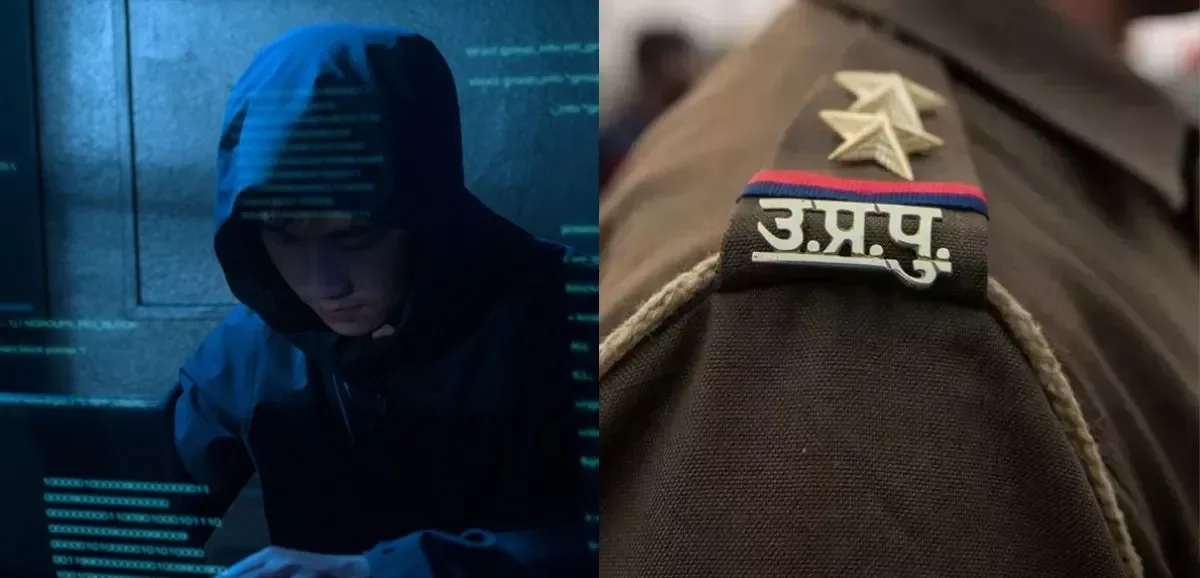For the first time in UP, a court has handed down a sentence in a digital arrest case. The Special CJM Court in Lucknow found Devashish, a cyber fraudster, guilty of impersonating a CBI officer and extorting ₹85 lakh from Dr. Soumya Gupta, a senior physician at KGMU. The court sentenced him to seven years in prison, marking a historic moment in India’s legal approach to tech-enabled crime. The case was investigated by the Lucknow Cyber Crime Police Station. The conviction was based on solid digital and testimonial evidence presented in court.
Since taking charge, DGP Rajeev Krishna has prioritized transforming UP Police into a 21st-century force, equipped with AI, advanced cybercrime training, and zero tolerance for cyber fraud. His clear roadmap for technology-first policing set the stage for successfully tackling the digital arrest scam, directly aligning with his 10-point agenda and commitment to swift, citizen-focused justice.
How the Digital Arrest Scam Took Place
The incident took place in April 2024 while Dr. Gupta was on duty at KGMU. Devashish contacted her by phone, introducing himself as a senior customs officer. He claimed to be speaking from Delhi’s Indira Gandhi International Airport and alleged that a package in her name containing illegal items—passport, ATM cards, and 140 grams of MDMA—had been seized.
Accents, Deceit and Digital Cash: How a Noida Gang Targeted Citizens Across Continents
He then transferred the call to another person posing as a CBI official, who pressured the doctor into compliance by threatening seven years of jail time. Fearing legal trouble, Dr. Gupta divulged personal details including bank account numbers, PAN details, and property records.
Extortion Through Fear and Control
The scammers detained Dr. Gupta in a form of psychological captivity termed “digital arrest” for 10 days, maintaining constant communication and issuing threats. During this period, they coerced her into transferring ₹85 lakh across four separate bank accounts.
The level of manipulation and psychological pressure applied was significant. The court noted the premeditated nature of the scam, which exploited digital tools to simulate authority and manipulate fear.
Swift Justice and Broader Implications
Devashish, a resident of Masouna village in Azamgarh, was eventually traced and arrested. During the investigation, his identity was confirmed, and overwhelming evidence led to his conviction within 14 months—a rare speed for cybercrime cases in India. He was also fined by the court as part of the sentence.



